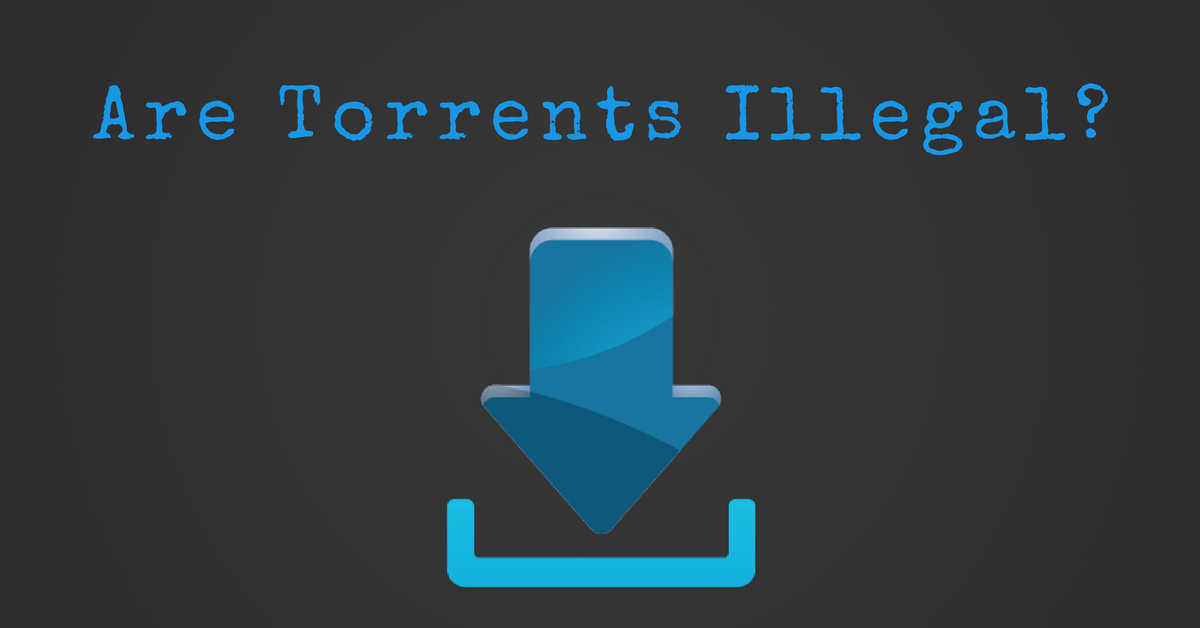Torrenting is a tremendously popular technique to get the newest films, TV shows, songs, publications, sports – you pick it. The appeal of torrenting is primarily fueled by the fact that this is really inexpensive.
You all just need to acquire and exchange files via a good internet connection. Having said that, there really are crucial issues concerning torrenting, such as whether the torrents are unlawful, legal, detected or not, and plenty more.
Let’s dig into it one by one.
Torrent: What’s That?
One big file is broken and divided up into many distinct, smaller files by a torrent. The torrent apps, such as BitTorrent and uTorrent, are not downloaded from one source but are connected to a variety of other devices based on the Peer to Peer (P2P) file-sharing premise.
You can obtain torrent programs from every P2P network computer to tiny parts of a file. Copyrighted files were held on one server prior to the emergence of P2P torrent networks. The government agencies quickly located and closed down the websites storing the protected information on a server.
Is it Safe to Use Torrent?
There are two separate regions to which the inquiry is directed. First, is the entire torrenting method malware secure for your desktop? First of all, the torrenting procedure is rather safe. We urge that you check the ratings and feedback of the users before obtaining a torrent.
Also Read: How to Download Torrents Safely and Avoid Viruses?
If the reviews are encouraging, it is fair to conclude that there are no harmful files in the torrent. Furthermore, several pirate services like The Pirate Bay grade the uploader or provide a ‘trustworthy source’ indication.
Is it Legal to Use Torrent?
It is not unlawful to torrent itself. However, unaccented copyrighted materials are highly unlawful to obtain and share, and the authorities are always liable to be captured. Non-copyrighted torrenting materials are totally appropriate and acceptable since no limitations apply.
In several nations like the US, authorities and the ISPs work together to find those who disseminate pirated content that is not approved. ISPs may not always be actively looking for torrents, however, if they believe that you are torrenting copyrighted content, your ISP can be summoned by the federal authorities or through a judicial order.
Governments also regularly compel ISPs to ban torrent sites, although it appears quite ineffectual as users may utilize VPNs in order for websites to remain accessible.
How Can You Protect Yourself During Torrenting?
It is better not to torrent if you wish to prevent repercussions. But it is necessary to safeguard the anonymity of your online environment and to remain under copyright radar trolls if you’d like to continue torrenting. The most efficient approach to safeguard your internet freedom is to use the Virtual Private Network (VPN).
A VPN provides a two-way workaround:
- It protects your IP address by channeling your whole internet activity via a server that moves your IP address to another place. The VPN adds an additional privacy layer and makes it difficult to monitor your behavior online.
- All user data is encoded by a decent VPN to prevent your ISP from monitoring your activity.

